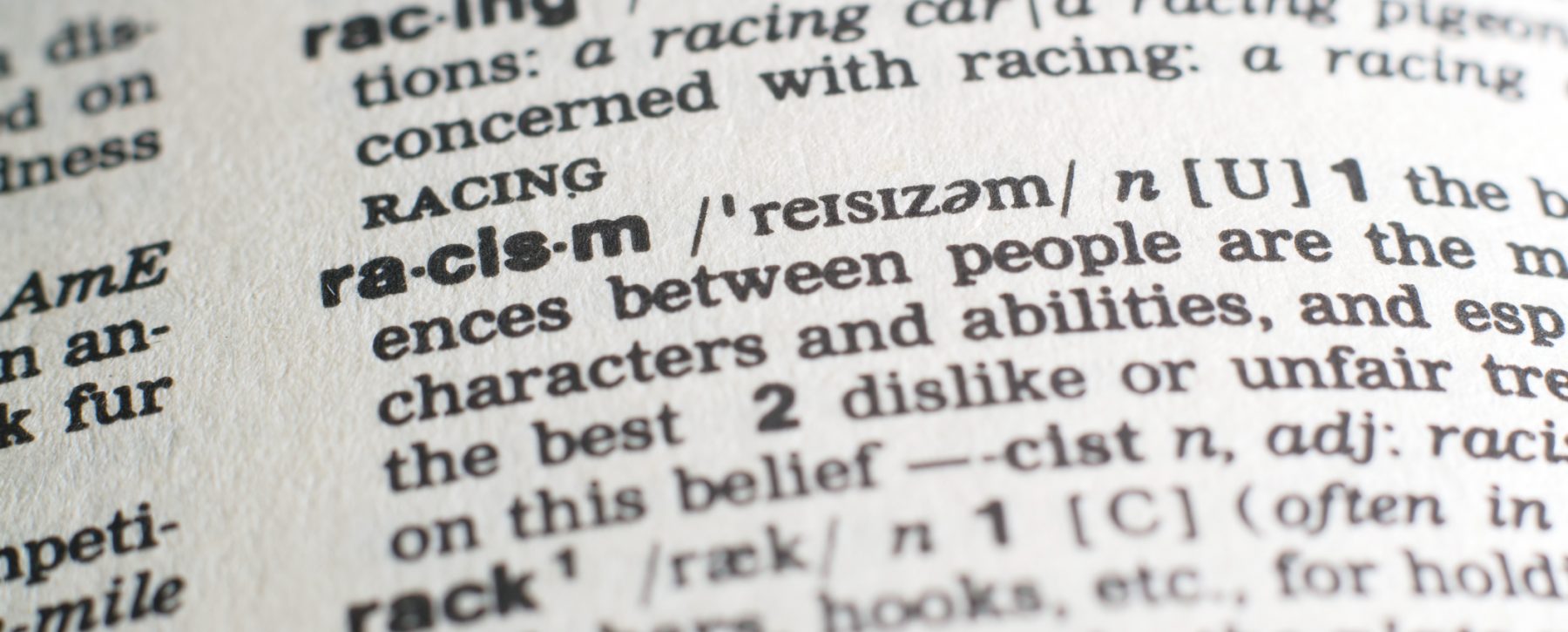
Survey Uncovers Experiences of Racism in New Brunswick
The New Brunswick Multicultural Council (NBMC) conducted a survey to understand the experiences and perceptions of racism in New Brunswick. The survey, circulated in November 2020, garnered tremendous public engagement with a total of 930 responses. The data has revealed that 95% of respondents believe that there is racism within New Brunswick, of which 83.6% report having witnessed racism firsthand.
“The results of the survey confirmed what NBMC already knew, that racism is living within our communities. The fact that 758 respondents witnessed or experienced racism first-hand means that the question of whether it exists, is no longer a topic up for debate and, we must now collectively shift focus to the solutions,” said Moncef Lakouas, president of NBMC.
Further results show that 84% of respondents indicated that unconscious racism is prevalent in New Brunswick, compared to 75% identifying intentional racism. Another 71% of respondents believe there is systemic racism in New Brunswick. Moreover, the results showcase high levels of racism within the labour and housing market and the justice, healthcare, and education systems.
Incidents of racism include discrimination against Black, Indigenous and/or people of colour (BIPOC) employees in the service sector from their colleagues, supervisors and customers. Additionally, respondents highlighted racism by police towards Indigenous people, racism through social media, and microaggressions as pertinent issues.
“Racism has permeated all aspects of our society. These findings demonstrate the need for urgent action to address barriers to inclusion and racism within the private and public sectors,” said Ginette Gautreau, interim Executive Director of NBMC. “We are eager to collaborate with our partners and equity-seeking groups to create innovative and effective responses to this crisis”.
The survey revealed that there were some workplaces in the province addressing racism directly. Some Caucasian respondents acknowledged and reflected on their role in combating racism.
However, other responses highlighted systemic racism, including one respondent who stated that racism in their workplace was “denied on the surface” and another respondent stating it was “not safe” to discuss. Other respondents cited difficulties in starting conversations about racism in their workplaces, including concerns about being perceived negatively, white colleagues getting
defensive, and fear of reprisals. Some respondents raised concern that, as racialized people, the onus fell on them to educate people about racism.
“The results tell us that we are at a place where people and organizations are willing to acknowledge racism and how they might contribute to upholding racist systems,” said Husoni Raymond, Anti-racism Coordinator with NBMC. “It also demonstrates that we have more work ahead of us to uproot and eradicate racism in all its forms.”
NBMC is calling upon the provincial government to use this data and work with grassroots equity-seeking groups and partners to develop an anti-racism strategy for the province of New Brunswick, which will outline a clear path forward to a more inclusive New Brunswick for all residents.
“NBMC continues to do its part to address racism; but we know it will take action and cooperation from the government, citizens and organizations to attain meaningful change,” added Gautreau. “We will continue to develop our anti-racism training and ensure our programs are delivered from an anti-racist perspective that breaks down barriers for racialized newcomers. We also hope all New Brunswickers can join in these efforts and take part in our New Conversations tour launching this week to lead discussions on inclusion in their own communities.”
